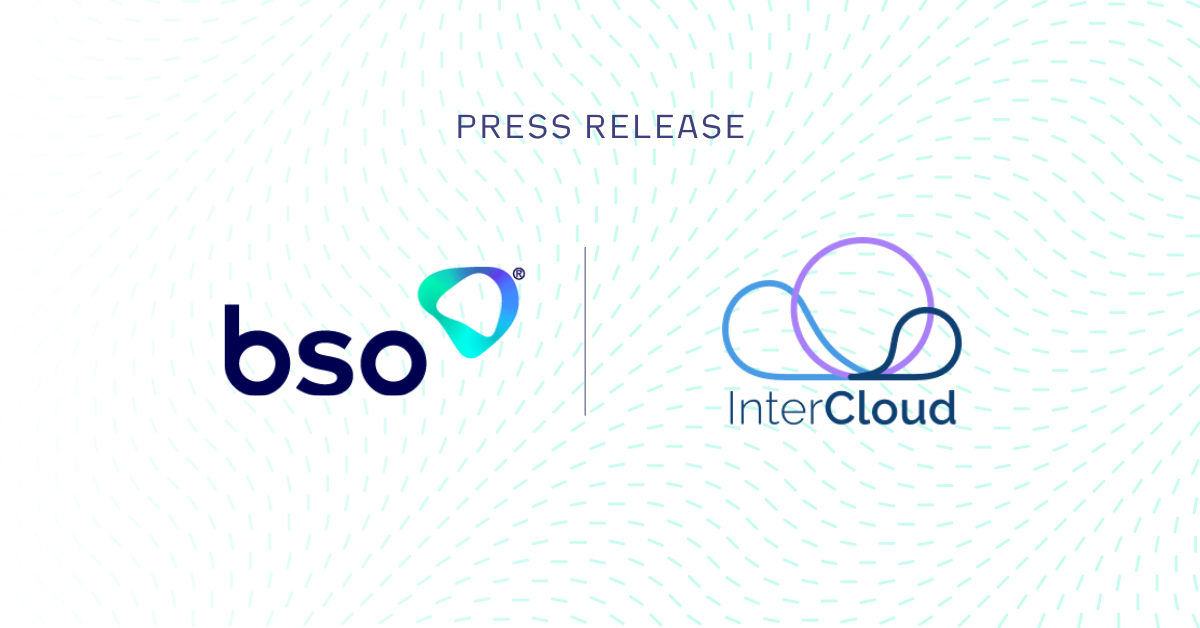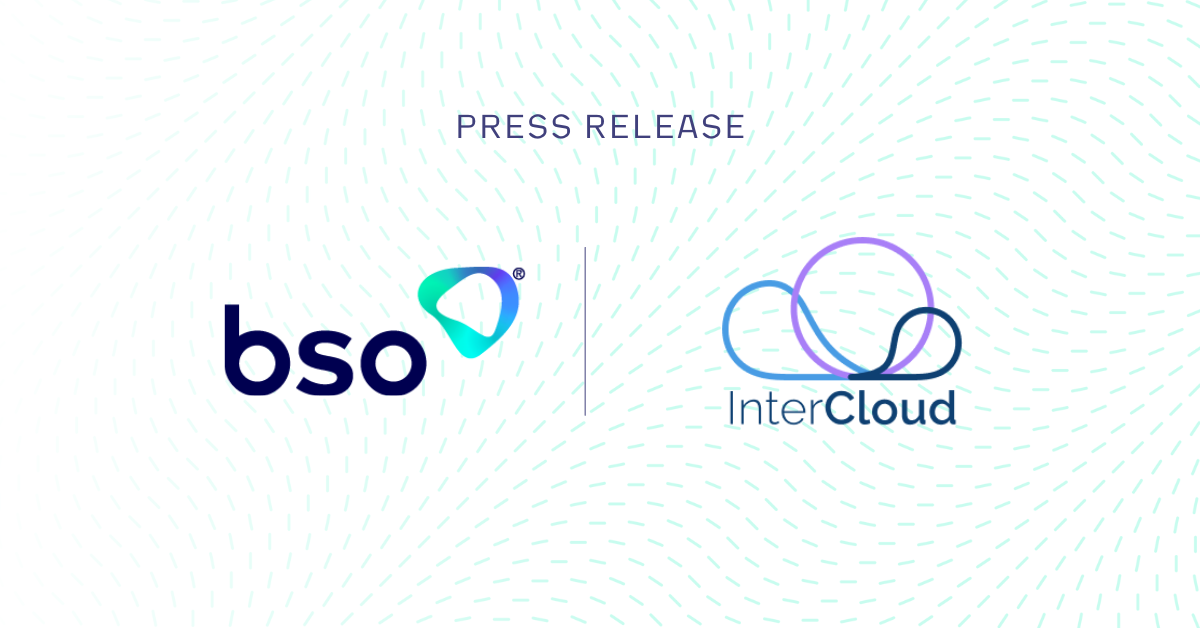
Why now it is time for firms to widen their horizons
The latest GFCI report on global financial centres shows that half of the world’s top 10 centres are now in Asia. Now is the time for trading firms to look into expanding beyond traditional markets and access the potential of emerging markets such as Asia. This leads to the inevitable question of where does one start?
Larger firms may have resources and teams they can devote to fact-finding and gathering of requirements, whereas mid- to smaller-sized trading firms will not have that luxury and are likely to have more limited resources. Regardless of size, however, all companies will need to do some form of cost-benefit analysis and put together a business case for entering a new market. Based on our experience there are three things that companies need to consider before entering a new market.
Step 1
The first step in looking to tackle new markets is to consider what might be an appropriate candidate in terms of asset class characteristics, liquidity profiles and information flows. For firms that trade equities in the United States, their models may be dependent on certain types of information. Similarly, can a firm’s strategies stand up to the liquidity profiles of other markets?
Step 2
Next, firms need to consider administrative, compliance and regulatory aspects. Some may need to set up new commercial entities, or partner with local suppliers or brokers. For instance, in many cases, without a well-established local brand, a firm will not be able to gain membership to local exchanges. That means the majority of foreign trading firms go through brokers. Top brokers such as J.P. Morgan, Goldman Sachs and UBS have been expanding throughout Asia so that they can execute trades for clients.
Step 3
Finally, there are the physical aspects related to moving into a new country. In terms of trading infrastructure, firms need to make decisions about their telco suppliers, hosting, equipment and cross-connects. Firms also need to consider their trade inputs. These are the sets of information that are going to drive their decisions, whether the systems are automated or manual. This includes economic data, news and market data. They will need licensing arrangements and connectivity with local exchanges, other venues or brokers. They will also need to consider internal factors, such as back-office connectivity or tuning and management of the algorithms they will use.
The list is long, but trading firms that enter new locations can rely on a vendor community that is well-versed in the business of new markets, including many that specialise in specific aspects of the process. It is even more crucial for traders to partner with a network provider that understands how to navigate emerging markets. BSO has extensive experience in helping trading firms set up new bases in new markets, with more than 240 POPs around the world and leverage our relationship with all of the key exchanges in emerging markets.
To learn more about how you can access the potential of emerging markets read our latest report “Trading without Borders: How can financial firms breakdown barriers and tackle new markets?” here.
ABOUT BSO
The company was founded in 2004 and serves the world’s largest financial institutions. BSO is a global pioneering infrastructure and connectivity provider, helping over 600 data-intensive businesses across diverse markets, including financial services, technology, energy, e-commerce, media and others. BSO owns and provides mission-critical infrastructure, including network connectivity, cloud solutions, managed services and hosting, that are specific and dedicated to each customer served.
The company’s network comprises 240+ PoPs across 33 markets, 50+ cloud on-ramps, is integrated with all major public cloud providers and connects to 75+ on-net internet exchanges and 30+ stock exchanges. The team of experts works closely with customers in order to create solutions that meet the detailed and specific needs of their business, providing the latency, resilience and security they need regardless of location.
BSO is headquartered in Ireland, and has 11 offices across the globe, including London, New York, Paris, Dubai, Hong Kong and Singapore. Access our website and find out more information: www.bso.co
SALES ENQUIRY
Get in touch now. Find out how we can transform your business_
You might be interested in_
THE BSO DIFFERENCE
The industries we work across_





/Revolutionising-Connectivity%20BSOs-Tailored-Cloud-Solution-for-CryptoStruct-GmbH.png?width=1050&height=550&name=Revolutionising-Connectivity%20BSOs-Tailored-Cloud-Solution-for-CryptoStruct-GmbH.png)
/6%20Cloud%20Best%20Practices%20for%20Financial%20Technology%20Companies.jpg?width=1200&height=600&name=6%20Cloud%20Best%20Practices%20for%20Financial%20Technology%20Companies.jpg)








